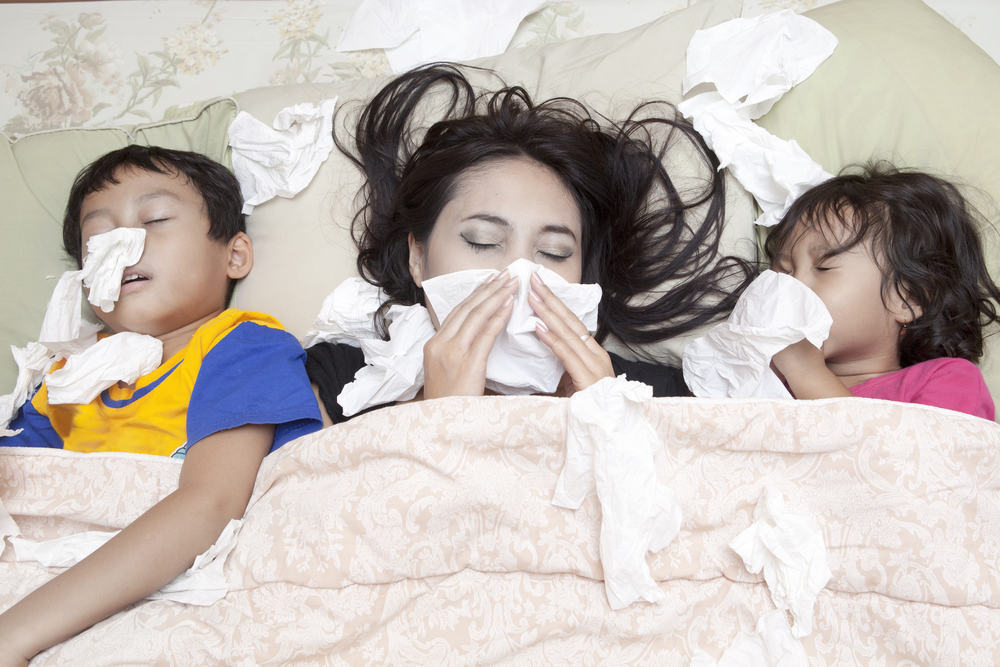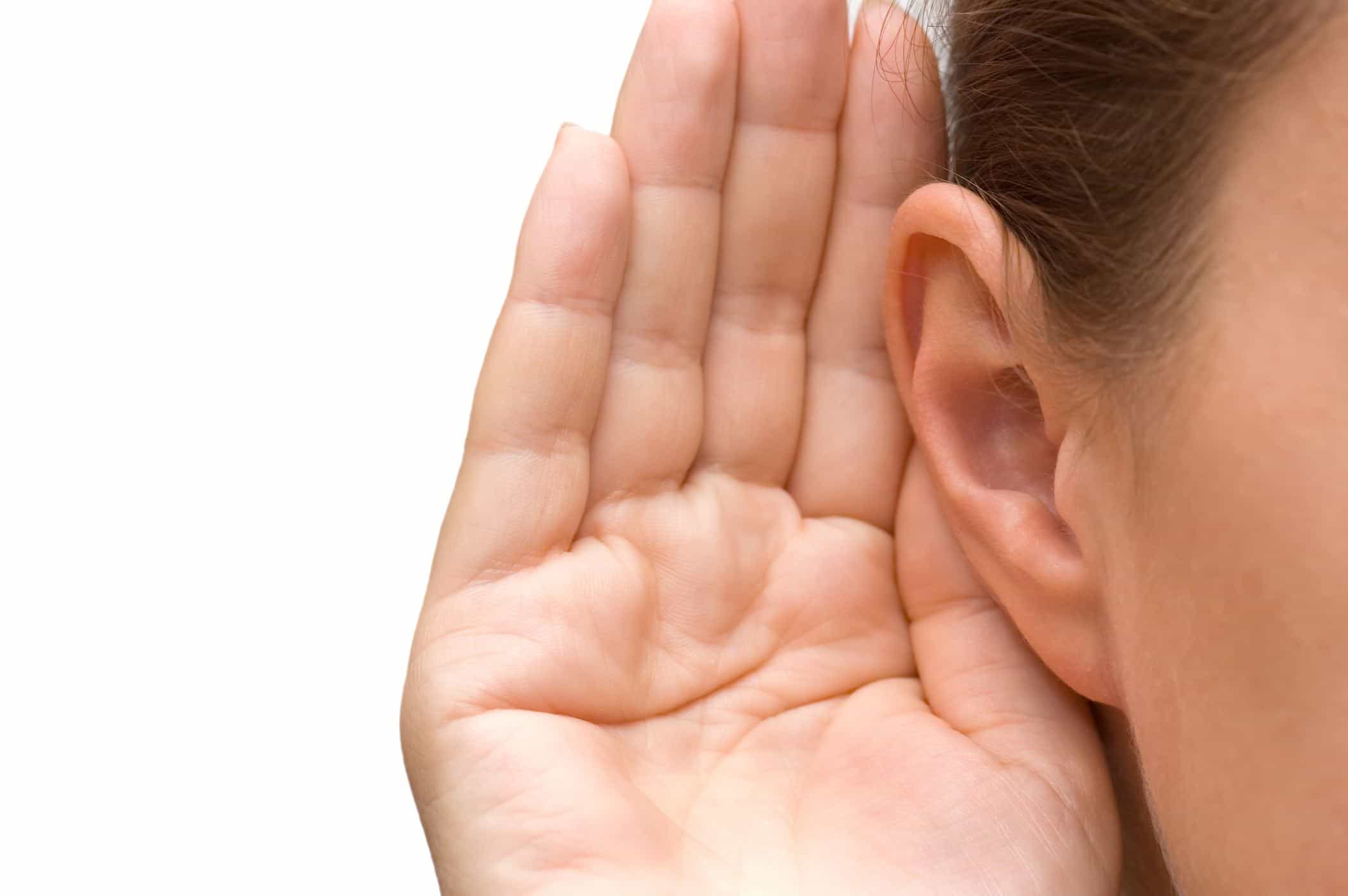Contents:
- Medical Video: How to NOT Get Sick | Proven Health Hacks | Doctor Mike
- Asthma
- Headache
- Flu or cold
- Joint pain
- Healthy tips during the transition season
Medical Video: How to NOT Get Sick | Proven Health Hacks | Doctor Mike
The transition season is the transition season from one season to another, usually occurring from March to April (which is a transition period from the rainy season to the dry season) and from October to December (transition from rainy season to dry season). The transition season is characterized by strong winds, sudden rains in a short time, tornadoes, hot air, and irregular wind direction.
Transition season is also associated with various types of diseases such as asthma, headaches, flu, and pain in the joints. How can weather changes cause these diseases?
Asthma
Asthma attacks occur because the airways are inflamed. When the ambient temperature is low, the cold air that enters the airways also gets colder. The airways will react to this cold air and inflammation occurs. This is compounded especially if you do strenuous activities or exercise in the open space. Fast air exchange when you move heavily causes air to not be warmed first, thus increasing the risk of inflammation caused by cold air. And if one of the triggers for the recurrence of your asthma is pollen, strong winds, and storms that often occur during the transition season, this can worsen your condition.
The study, published in the journal Allergy, states that wind, especially during storms, can carry pollen found on the ground, causing many asthma sufferers to be treated for asthma attacks.
Headache
When the transition season, a decrease in air pressure, a sharp rise in air humidity, or a sudden drop in air temperature can trigger headaches, especially migraines. According to one survey conducted on migraine sufferers in America, 53% of them stated that one of the triggers of migraines they suffered was weather changes.
In addition, extreme cold weather or too hot sunlight can also trigger the instability of chemical components in the brain that trigger headaches. Weather that is too cold can also make blood vessels narrow so that it blocks the blood supply leading to the brain.
Flu or cold
Research carried out by researchers at Yale University states that even a slight reduction in temperature can make flu-causing viruses multiply faster. In addition, cold air also triggers changes in the immune system. Molecules that function to detect viruses in cells and give orders to cells to fight viruses become less sensitive during cold temperatures.
Cold air can also inhibit the work of special proteins in the body that function to turn off genes originating from viruses, inhibit the spread of the virus and kill cells that have been infected with the virus.
When the flu virus has entered the cell in the area nasal fossa (the connection area of the nostril located in the middle of the face), the cold air you breathe can trigger the viruses to multiply and cause the immune system to not work optimally.
If cold air affects the proliferation of viruses and the body's immune system, then the flu that occurs when changes in air from cold to warm is more due to changes in behavior. As quoted from Women 's Health, according to Marc I. Leavey, one primary-care physician from Mercy Medical Center Lutherville Personal Physicians, when weather changes from cold weather to warmer weather, people are more likely to go out, walk around, and gather together. When many people gather, the spread of the disease becomes easier.
Joint pain
Although it has not been proven, a decrease in air pressure is suspected to cause joint pain. You can imagine the tissue around your joints like a balloon. Normal air pressure will hold the balloon so it doesn't expand. But low air pressure can cause the balloon to not hold so that eventually the balloon or the tissue around your joints will expand, and this is what causes joint pain.
Healthy tips during the transition season
- Bring a jacket or raincoat: one characteristic of the transition season is the change in extreme weather that can occur on the same day. It could be that the weather is very bright when you leave the house, but not for long periods of heavy rain. Don't forget to bring a jacket or raincoat even though the weather doesn't look cloudy.
- Fulfill your daily intake needs: if your daily nutritional needs are met, then your immune system can also work optimally to fight incoming diseases.
- Consume enough vitamins: although all vitamins are equally important for the body, but one of the vitamins that functions to maintain the immune system is vitamin C. By meeting the needs of vitamin C, your immune system can function optimally to fight various diseases. You can find this vitamin naturally in vegetables and fruits such as broccoli, oranges, papaya, and mangoes.
READ ALSO:
- Two Vitamins that Make the Flu Clear to Approach
- Relationship Between Asthma, Mind and Body
- Tips to Relieve Headaches Without Medication












